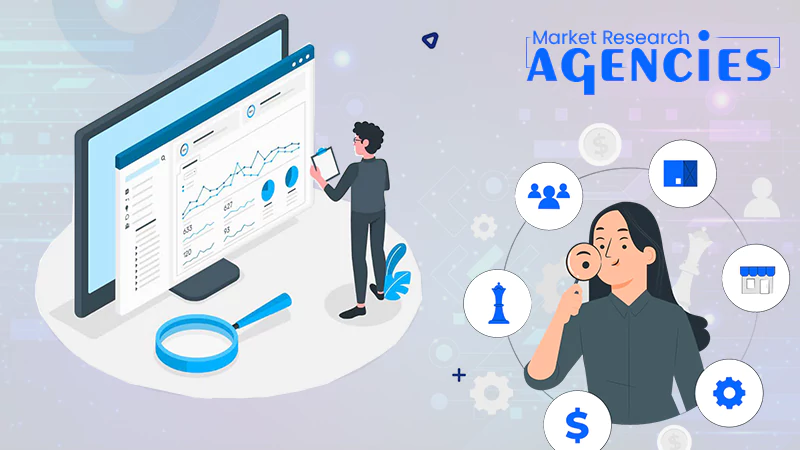Your Step-By-Step Guide to Small Business Customer Acquisition
Intro: A small business lives and breathes with its customer base. Whether you provide goods or services, your customers bring in your company’s income. Without paying clients, a company cannot keep up with its bills.
Some steps in the customer acquisition process vary per industry. Nonetheless, all industries benefit from some basic steps.
We provide your step-by-step guide to small business customer acquisition.
1. Identify Your Customer
Companies benefit from identifying their customers. Even if you sell goods that serve a purpose in every walk of life, narrow down the list. The same logic applies to service providers.
The cost to acquire a new patron is five times more than retaining one. Acquiring a new client entails marketing, sales, and networking. All these activities cost money also known as the customer acquisition cost.
If you understand where to find your target audience, you use your company’s resources more efficiently.
Check out this guide from Gigly to further understand the costs to start a freelance business or a small one.
2. Hire the Best Staff
All companies must hire the best staff. A company owner wears many hats but they must delegate tasks too.
As it starts accumulating clients, ensure that your staff provides excellent customer service.
Nothing can fall through the cracks and all problems require a solution.
Bad experiences will cause clients to search for other providers. Therefore, assemble a team that will turn them into loyal customers.
3. Understand the Customer Journey
How does a person go from finding out about your shop to becoming a returning customer?
Steps take place within the steps to acquire clients.
Some ways that individuals can learn about your company include:
- Word of mouth
- Referrals
- Industry
- Advertisement
When the individual hears about your goods or services, how easy is it for them to complete a purchase, signup, or make an appointment?
If you understand the customer journey, you can optimize it. For example, cut out redundancies through software. You can also train your customer-facing employees to spot opportunities more quickly and take action.
4. Employ a Marketing Plan
Entrepreneurs know that a lot of things in the course of business happen on the fly. However, it’s a good idea to employ plans too such as a marketing plan.
Marketing plan elements include:
- An analysis of the competition
- Target milestones
- Distribution channels
- Pricing strategies
The research that it takes to put together a marketing plan doubles as a knowledge-gaining task. Even if you don’t follow the plan to the letter, you pick up information that helps you optimize your resources.
Since 80% of the public conducts online research before purchasing a product or signing up for a service, develop your online presence too. Most business marketing plans in 2022 consist of online and offline strategies.
5. Nurture Your Leads
A great tool to employ while acquiring customers is a customer relationship management platform. After the data-entry phase, the CRM helps you automate and optimize the redundant customer acquisition steps.
More importantly, the software helps you nurture your leads.
Research still shows that people need to see advertisements at least seven times to remember them.
Putting a product or service in front of the target market seven requires an investment. Small companies usually have limited marketing budgets. Therefore, nurture your leads in other ways such as employing digital marketing and search engine optimization strategies.
6. Network
An estimated 80% of small businesses in the United States provide a service. The other 20% manufactures goods.
Since the majority face customers, ensure that you and your sales team network with potential clients.
Attending industry events doubles as useful networking opportunities for B2B companies. Creating a presence at gatherings that your target market attends are other opportunities.
The goal is to place your brand in front of your target audience. Then, have conversations with them and make connections that lead to sales.
Also, Read: 6 Must Have Software Solutions for Small Businesses
7. Deliver on Your Promises
Once you acquire customers, deliver on your promises. It costs less to retain a client than acquire them. Now it’s time to work your company’s magic.
How you deliver on promises varies by industry. Tiered service packages work for some. Creative marketing works for others.
Sometimes you simply need to nurture a profitable base, especially if you operate a B2B niche company. When word of mouth brings you additional, qualified clients, it’s a bonus.
Conclusion
Acquiring the first few customers is the most challenging step for many small businesses. Thereafter, word of mouth starts to spread and you gain more through organic means. Once you acquire a healthy base, nurture them and use your upsell skills.
Also, Read: How Can Businesses Benefit from Purchasing Business Data?
Follow Us
Latest Post















